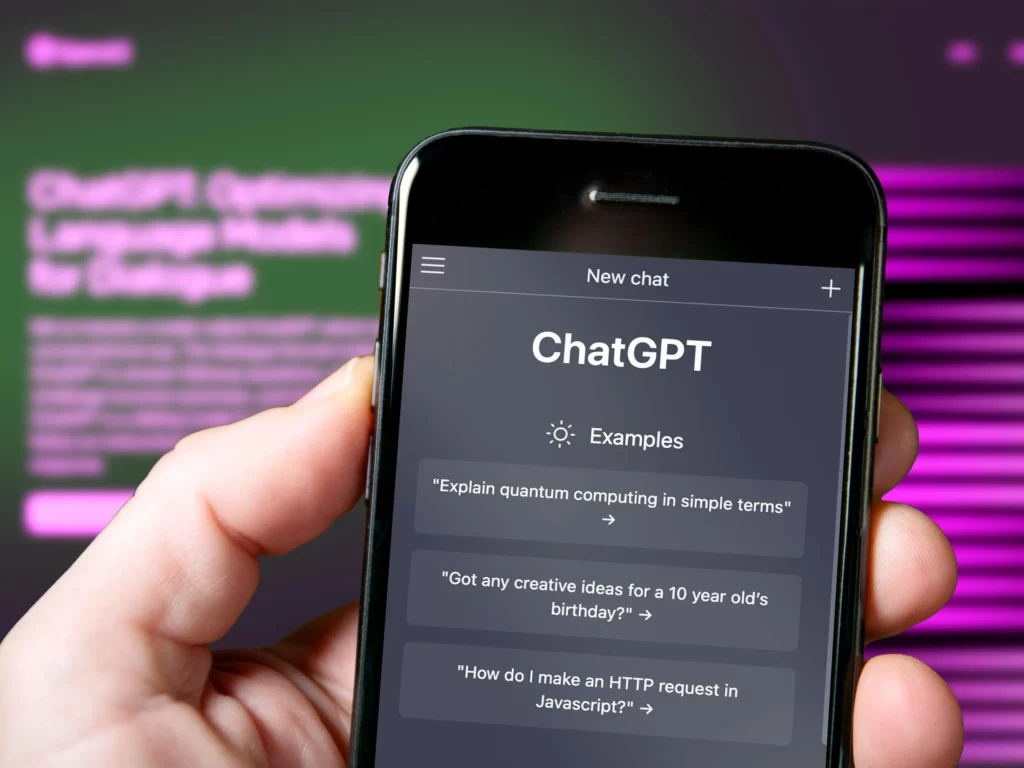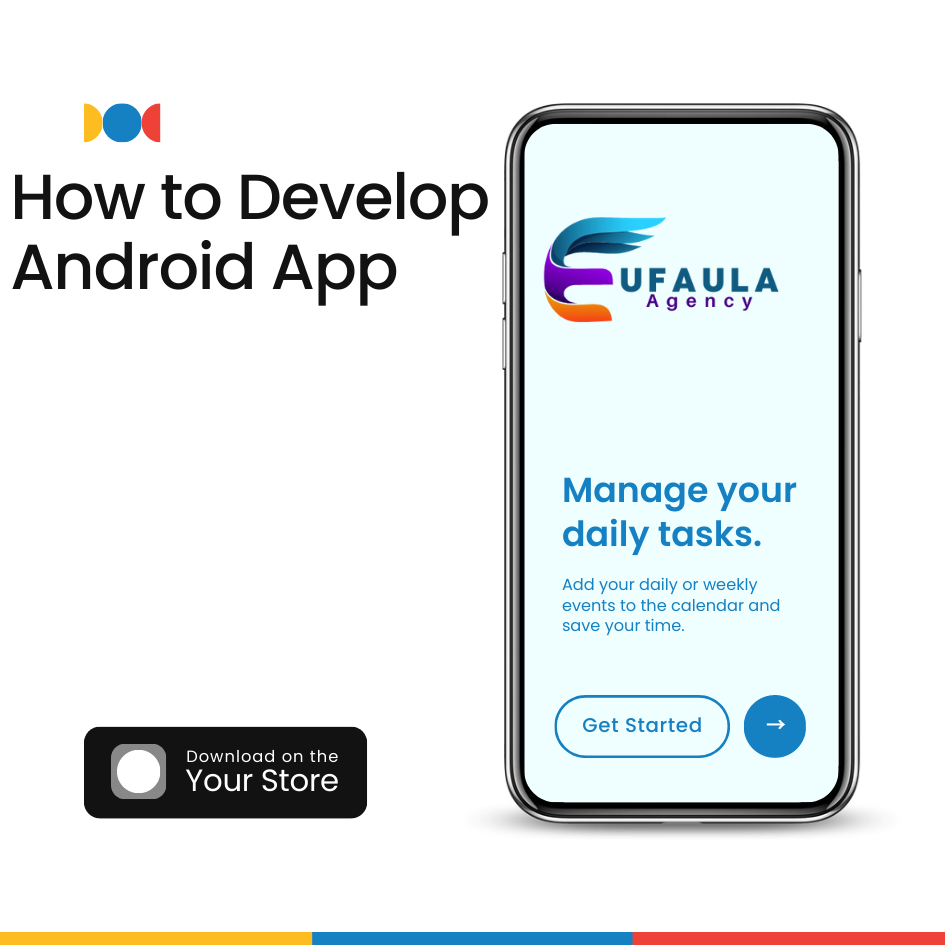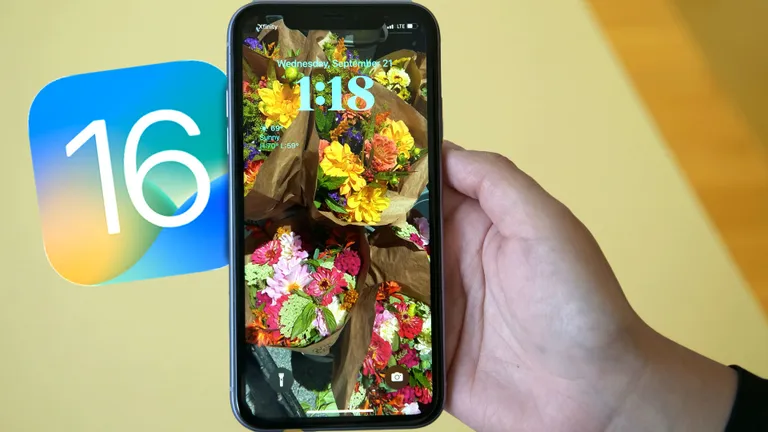San Francisco, CA – OpenAI has made an exciting announcement today, revealing the launch of its official iOS app that brings the widely popular AI chatbot, ChatGPT, to mobile devices. This move comes after the proliferation of unofficial and questionable services on the App Store. The new ChatGPT app will offer users free access without any advertisements and will support voice input. However, the initial release will be limited to users in the United States.
Similar to its desktop version, the ChatGPT app enables users to engage with an AI chatbot to ask questions, receive advice, find inspiration, conduct research, and more, without the need for a conventional web search. With Apple’s voice assistant, Siri, facing certain limitations, and Apple’s slower progress in AI development, the release of the ChatGPT app may encourage users to explore ChatGPT as their primary mobile assistant. Additionally, this launch could potentially have implications for Google, as the default search engine on Safari for Apple’s iPhone.
When utilizing the mobile version of ChatGPT, the app will synchronize search history across devices, granting users access to their previous queries made through the web interface. The app also integrates with Whisper, OpenAI’s open-source speech recognition system, to facilitate voice input.
OpenAI’s announcement highlights that ChatGPT Plus subscribers will have access to GPT-4’s capabilities through the new app. Subscribers will also enjoy early access to new features and faster response times. The subscription offering, launched in February, is priced at $20 per month and offers upgraded features, including access to ChatGPT even during peak usage times.
The company states that the app rollout will commence in the United States today, with plans to expand to other countries in the following weeks. An Android version of the app is also mentioned as “coming soon.” Rumors of OpenAI developing a mobile client were previously reported by Semafor, although OpenAI declined to comment on the matter at the time.
The launch of the ChatGPT app arrives during a period of increased experimentation with AI by major tech companies, such as Google, Microsoft, and Facebook. Notably, Google and Microsoft have integrated AI capabilities into their search engines, with Microsoft forging a costly partnership with OpenAI. The ability to directly access ChatGPT on mobile, outside of a search engine or browser, has the potential to disrupt the way people currently utilize their phones for information retrieval and connectivity.
One notable aspect of OpenAI’s mobile app is its ad-free nature, setting it apart from AI integrations found in search apps. OpenAI subtly highlights this advantage in its blog post, emphasizing that users can obtain instant answers “without sifting through ads or multiple results.” This statement can be interpreted as a gentle critique of its own partner, as Bing has already started including ads in its AI-powered Bing Chat, while also somewhat snubbing search engines.
The App Store description of ChatGPT further promotes its ad-free characteristic, alongside features such as history synchronization and access to the latest models from OpenAI.
The arrival of the ChatGPT app follows closely on the heels of Google’s recent announcement that its AI chatbot, Bard, is now available in English, as the waitlist has been lifted. Consumer demand for ChatGPT and AI on iPhones appears to be strong. Data from app store intelligence provider data.ai reveals that as of late March, the top 10 mobile AI apps had generated over $14 million in consumer spending this year, with average daily spending increasing by 11% compared to February.



